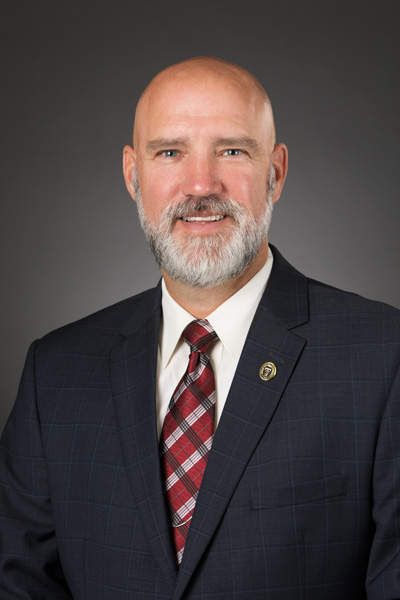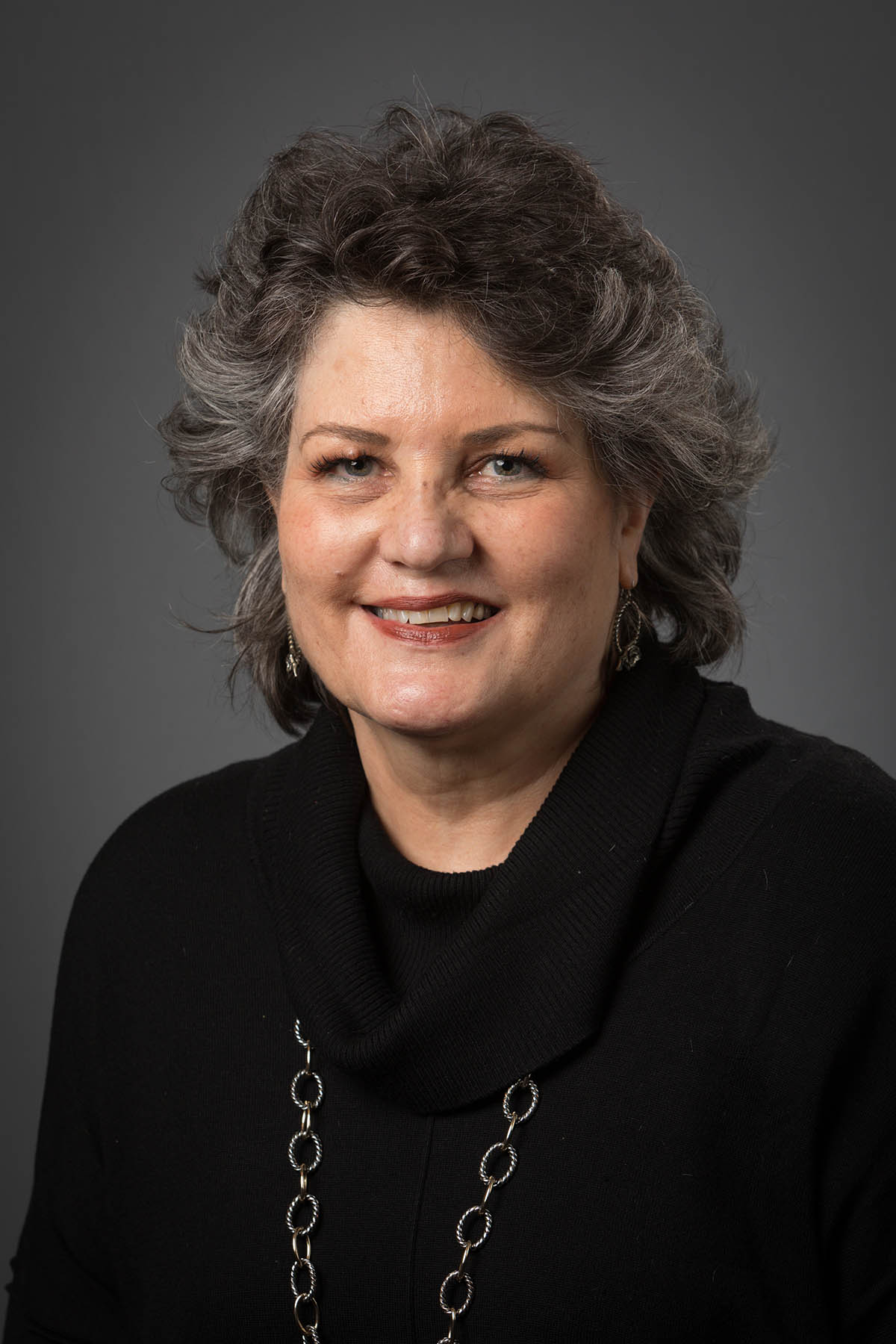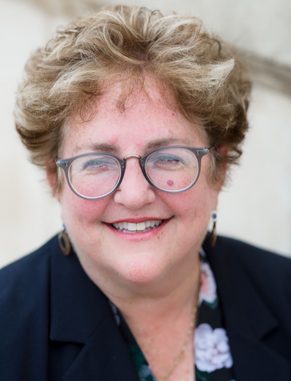
Faculty Research Brings Tangible Solutions to Challenges in Empathy, Health, and Early Education
Three faculty members, Kyle Roberson, Wilna Oldewage-Theron, and Stephanie Shine were each recognized by the Texas Tech University Office of Outreach and Engagement for their teaching, research, or creative activity to address a significant community need or larger social issue. These engaged scholars work diligently to provide answers to valued questions using their studies and research tactics.
Engaged Scholarship combines collaborative and reciprocal between university faculty, staff, and/or student and the communities for the mutual benefit of knowledge and resources. These three faculty are members of the newly announced “Engaged College Program,” which will fuel the college’s engagement planning efforts across research, teaching, and community impact.

Roberson’s project titled “Using Literacy to Increate Level of Empathy Correction Workers Feel Towards Prisoners and Their Families” is centered around helping change the way correctional officers feel about prisoners and their families.
The use of empathy training helps to encourage more support towards prisoners and
their connection to their families.
“The program strengthens familial ties and develops human connections between staff
and inmates, making empathy a core part of facility operations,” Roberson said.
Using the family literacy program, prisoners are able to establish a relationship with their children.
“By promoting family literacy, the initiative provides an important intervention to reduce literacy deficiencies and prevent future incarceration,” Roberson explained.

Oldewage-Theron’s project titled, Nutrition Education Program Among Resource-Poor Women in Rural Guatemala: Lessons Learned, worked towards finding how someone’s location affects their overall nutrition. This study involved Texas Tech students that traveled to Guatemala with Oldewage-Theron.
“The program utilized culturally sensitive and participatory methods to facilitate interactive learning among women,” Oldewage-Theron said.
Some of the key components of Oldegwage-Theron’s study are to develop educational nutritional lessons for women of the rural village, Guayabales, and to identify culturally appropriate and nutrient-dense foods that these women can use.
“Overall, the NEP has the potential to improve food security, foster sustainable dietary practices, and improved health outcomes that may lead to long-lasting positive effects on public health and overall well-being for the community,” Oldewage-Theron said.

Stephanie Shine’s project titled, Bridging the Gap Towards Successful Vegetable Introduction: Proof in Concept for Early Head Start is a study that is centered around how to properly introduce vegetables to young children. This study showcases how building trusting relationships with the community and partners can improve how young children and parents view vegetable intake.
This research study discusses how parents wanted a way to introduce more nutrient foods during toddler’s mealtimes. This is what led to the introduction of the “veggie bags” experiment for these toddlers.
“For eight weeks families were provided with weekly ‘veggie bags’ of vegetables and other ingredients, attractive recipe cards for easy, quick, inexpensive, nutritious, tasty for toddlers, and culturally appropriate recipes, and a children’s book,” Shine said. “Families received texts, flyers, and custom video clips on shopping, cooking, nutrition, and toddler mealtime behaviors.”
This led to the children being more comfortable with vegetables and that parents became more self-sufficient when it comes to preparing healthy meals. Lessons like this showcased that nutrition can become a part of any routine, with the right education.
